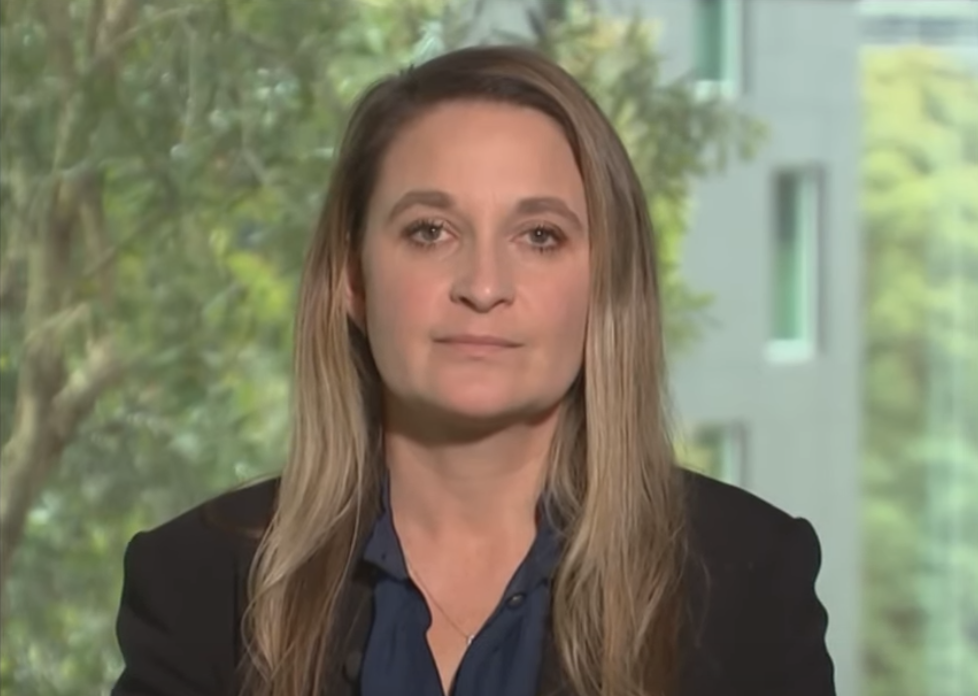Tuesdata: Why Optus faces a long journey to reputational recovery

Welcome to Tuesdata, our weekly analysis for Unmade’s paying members.
Today, a fortnight on, we analyse the consequences of Optus’ network crash, and the communications mistakes that cost the company’s CEO her job.
Further down, a slight improvement on the Unmade Index.

‘It’s going to take them a couple of years to recover from this’: how Optus botched its crisis response all over again

Seja Al Zaidi writes:


